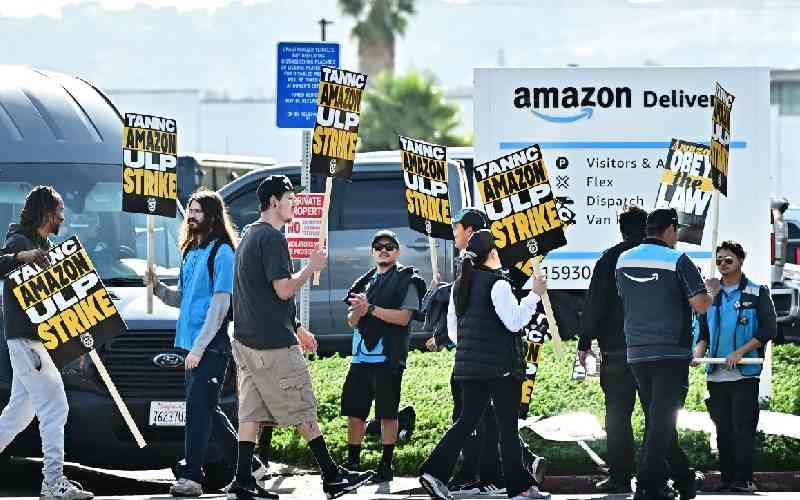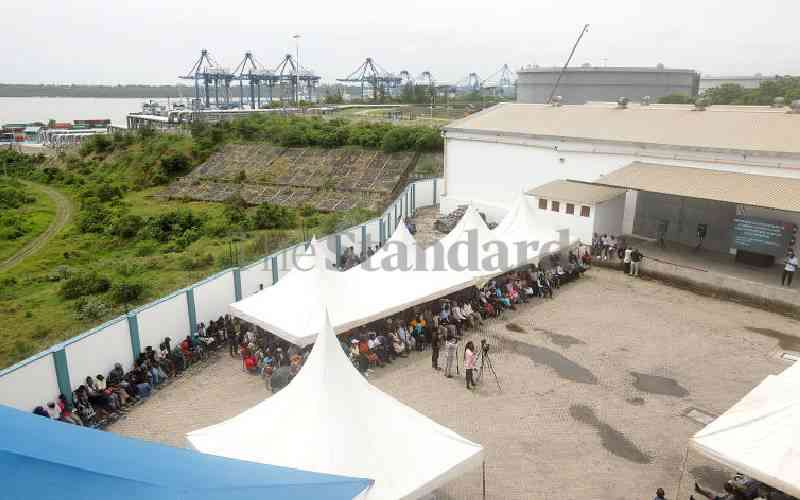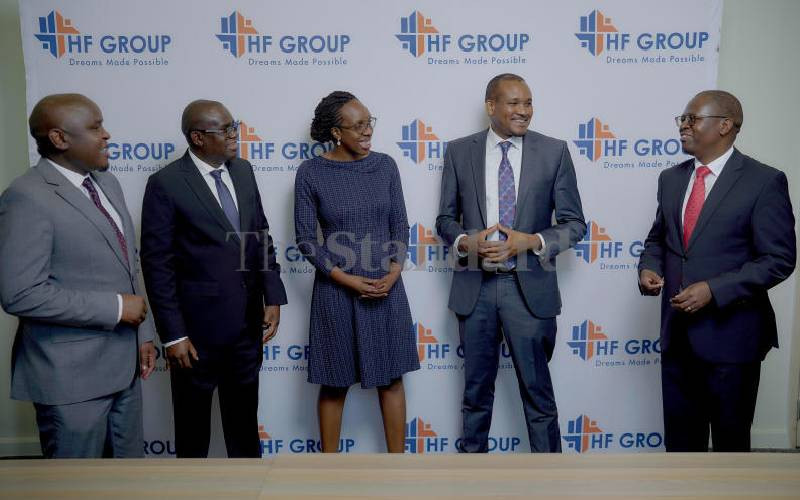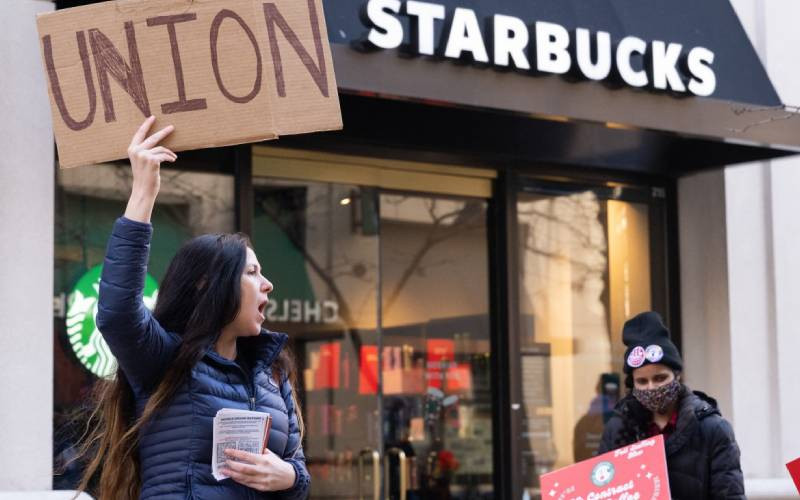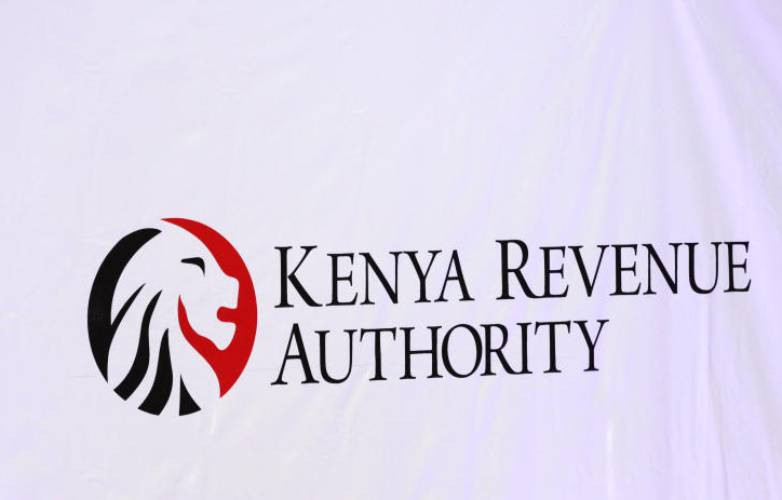
The International Monetary Fund (IMF) has confirmed that governance concerns by the Kenya Kwanza administration are central to the delays in releasing funds to the Kenyan government under its financial programme.
During a fact-finding mission between September 11 and 16 this year, IMF staff assessed Kenya’s situation to chart the way forward.
The IMF reiterated its commitment to assist Kenya in identifying and implementing effective policy reforms.
Despite discussions, no new funding was announced following Nairobi meetings.
The bilateral lender has now revealed it urged Kenyan authorities to initiate governance diagnostics — a process aimed at pinpointing areas for improvement in governance practices.
“While governance reforms can take time, promoting good governance is essential to our engagement with Kenyan authorities,” said Julie Kozack, Director of the Communications Department at the IMF, earlier this week.
She noted that the IMF has conducted similar diagnostic assistance in multiple countries and plans to provide detailed information regarding the methodology and findings of its assessments in Kenya.
These diagnostics are intended to strengthen governance frameworks, laying the groundwork for effective actions by the Kenyan authorities.
Further details on the ongoing discussions and governance diagnostics are expected from the IMF in the days to come, Kozack added.
Advocacy group Human Rights Watch has repeatedly called for greater accountability regarding public funds in Kenya, framing it as a human rights issue.
Recently, Kenyans protested for four consecutive weeks against the high cost of living, corruption, and financial mismanagement.
What began as a tax protest morphed into demands for the resignation of President William Ruto’s government, as demonstrators expressed distrust in its ability to address the country’s political and economic challenges. Human Rights Watch has urged the IMF to ensure that its support for Kenya aligns with human rights principles and that corruption does not divert funds intended to improve the lives of ordinary citizens.
An IMF delegation led by Haimanot Teferra concluded the critical visit to Nairobi on September 16, stressing the urgent need for new policies from the Ruto administration amid ongoing economic and fiscal challenges.
In a statement issued after the visit, Teferra highlighted the importance of the discussions.
“The Kenyan authorities and IMF staff had productive discussions focused on crafting policies and reforms necessary to navigate the evolving economic landscape,” she said.
The IMF’s insistence on new tax policies is particularly pressing, following the widespread rejection of the controversial Finance Bill, 2024 that aimed to increase taxes to meet the fund’s conditions.
The proposed Bill faced fierce opposition from Kenyans already grappling with economic hardships, leading to significant protests that underscored deep-seated frustrations among young Kenyans, particularly those from Generation Z.
In response to the unrest, President Ruto appointed a new Finance Cabinet Secretary, John Mbadi, signalling a potential shift in fiscal policy.
Mbadi faces the dual challenge of addressing public sentiment while aligning government policies with IMF expectations.
This situation presents a new test for President Ruto, who has been under mounting pressure to fulfil economic promises amid rising discontent.
Lack of immediate financial assistance highlights the IMF’s position that new policies are a prerequisite for any future funding, experts noted.
 The Standard Group Plc is a multi-media organization with investments in media platforms spanning newspaper print
operations, television, radio broadcasting, digital and online services. The Standard Group is recognized as a
leading multi-media house in Kenya with a key influence in matters of national and international interest.
The Standard Group Plc is a multi-media organization with investments in media platforms spanning newspaper print
operations, television, radio broadcasting, digital and online services. The Standard Group is recognized as a
leading multi-media house in Kenya with a key influence in matters of national and international interest.

